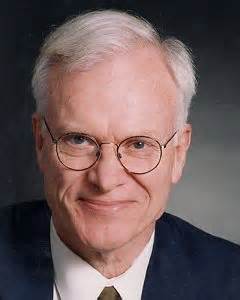A Quote by Noam Chomsky
Just take ease of interchange between people. Your email is of course faster than letter - on the other hand the transition from sailing ship to telegraphs was far greater than the shift from the postal service to email. That was a fabulous change. If you sent a letter to England, instead of waiting a couple of months for a response you got it instantly. That's a huge change. Every one of these changes of course increases opportunities and also increases means of control and domination.
Quote Topics
Also
Between
Change
Changes
Control
Couple
Course
Domination
Ease
Email
England
Every
Fabulous
Far
Faster
Got
Greater
Hand
Huge
Increases
Instantly
Instead
Interchange
Just
Letter
Means
Months
Opportunities
Other
People
Postal
Postal Service
Response
Sailing
Sent
Service
Shift
Ship
Take
Than
Transition
Waiting
Your
Related Quotes
The big change, the really radical change in communication, was in the late 19th century. The shift from sailing ships to telegraph is astronomical. Everything since then has been small increments, including the internet. So you don't have to wait for a letter to get to England in six weeks, you have almost instant communication. That was an enormous shift.
Change is situational. Transition, on the other hand, is psychological. It is not those events, but rather the inner reorientation or self-redefinition that you have to go through in order to incorporate any of those changes into your life. Without a transition, a change is just a rearrangement of the furniture. Unless transition happens, the change won't work, because it doesn't 'take'.
When something feels really big, too big to handle, just go very small. Just go real small, just look at the person next to you and look in their eyes and meet the person next to you, find out their name, change one person's life and make one call, write one letter, give one dollar. Whatever small thing feels like what you can do - it changes the course of the ship and that is all it is.
A man should always have these two rules in readiness. First, to do only what the reason of your ruling and legislating faculties suggest for the service of man. Second, to change your opinion whenever anyone at hand sets you right and unsettles you in an opinion, but this change of opinion should come only because you are persuaded that something is just or to the public advantage, not because it appears pleasant or increases your reputation.
This is the first step toward understanding the process of real, lasting change: simply knowing with certainty that you can do whatever you need to do. This understanding has a dual edge: On the one hand it increases your confidence and dignity. On the other hand, it places full responsibility on you if you fail to make the change you set out to make. But this is a good thing, not a guilt trip.


































